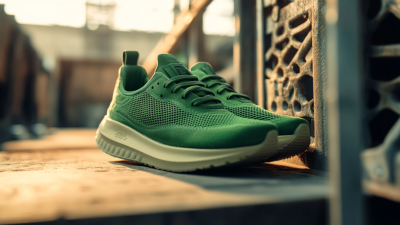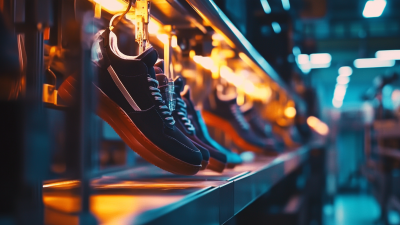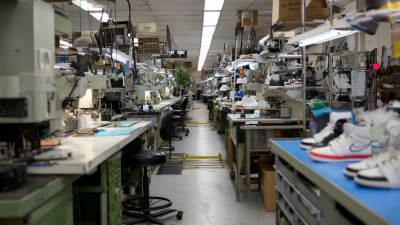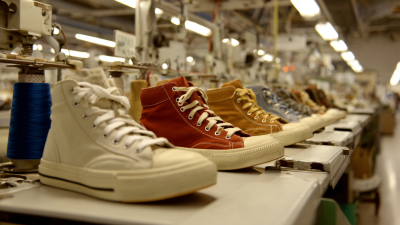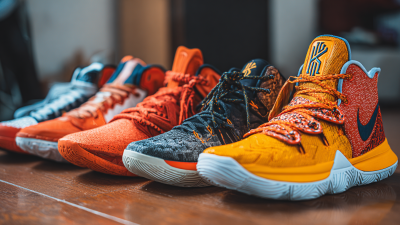
In the ever-evolving world of fashion and athletic wear, partnering with a reputable OEM sneaker manufacturer has become essential for brands looking to make a significant impact in 2023. With the demand for innovative designs and high-quality products at an all-time high, selecting the right manufacturing partner can be a game-changer. Industry expert John Smith, an acclaimed consultant in sneaker production, emphasizes, "Choosing the right OEM sneaker manufacturer is the first step toward establishing a successful footwear brand that resonates with consumers."
As we delve into the intricate landscape of sneaker production, it’s crucial to understand the factors that differentiate the top players in the OEM market. A reliable manufacturer not only enhances brand reputation but also ensures that products meet contemporary standards of sustainability and quality. In this guide, we will explore the "Top 10 OEM Sneaker Manufacturers" that have the potential to elevate your brand in 2023. By collaborating with these industry leaders, brands can harness their expertise and resources to create sneaker lines that captivate and sustain customer loyalty.
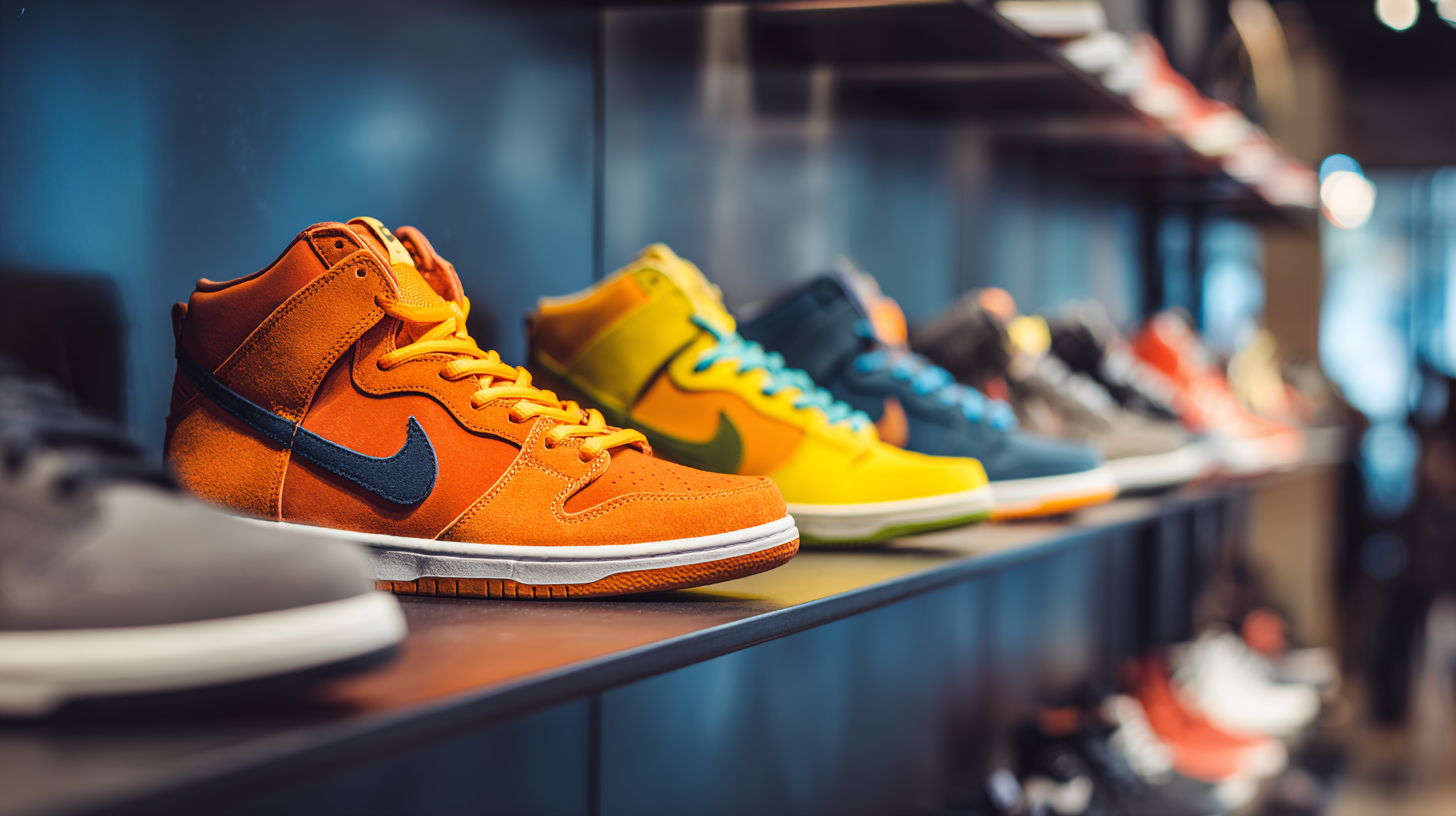
In 2023, sneaker manufacturing has experienced significant innovations that enhance brand value and elevate market competitiveness. One of the standout advancements is the integration of sustainable materials, which not only appeals to environmentally conscious consumers but also helps brands align with global sustainability goals. Manufacturers are now utilizing recycled plastics and organic cotton, creating products that resonate with modern ethical standards, thereby improving their overall brand perception.
Another notable trend is the incorporation of smart technology into sneaker design. From embedded sensors that track performance metrics to customizable features that allow users to adjust fit and comfort on-the-go, these innovations are transforming the consumer experience. Brands collaborating with tech companies to produce high-tech sneakers are seeing an increase in customer engagement and loyalty. As performance-driven footwear becomes more accessible and appealing, companies that embrace these innovations are positioning themselves as leaders in the ever-evolving sneaker industry.
When selecting the right OEM sneaker manufacturer, several key criteria should guide your decision-making process. First and foremost, assess the manufacturer’s expertise and experience in the sneaker industry. A manufacturer with a strong portfolio and a history of producing quality footwear is essential, as this indicates both reliability and innovation. Look for manufacturers that have experience with various materials and technologies, which can help bring your unique designs to life while ensuring durability and performance.
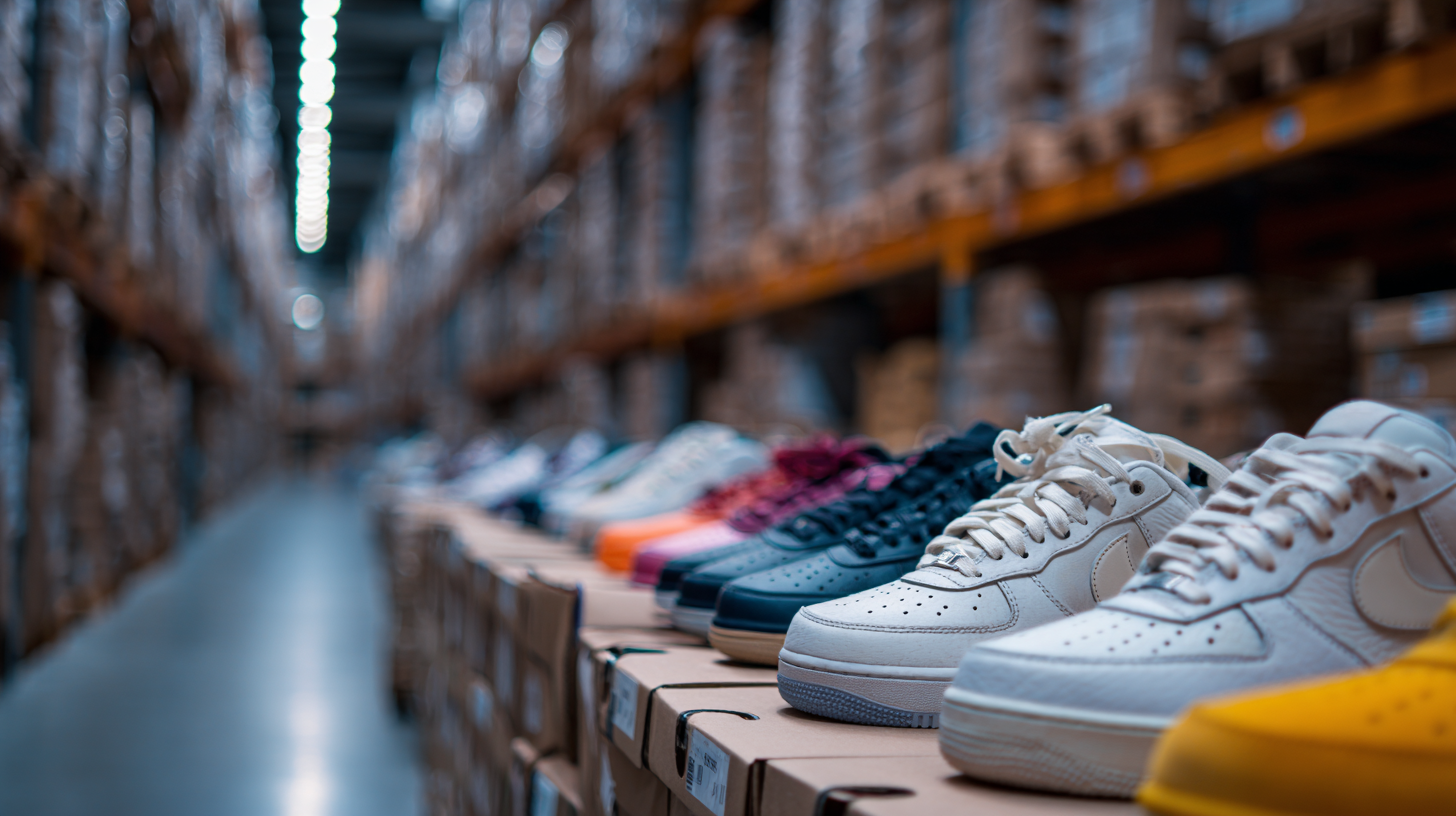
Another critical factor is the manufacturer’s production capacity and lead times. Understanding their ability to scale production according to your brand's needs is vital, especially during peak seasons. Additionally, inquire about their supply chain transparency and ethical manufacturing practices. Consumers are increasingly concerned about sustainability and worker conditions, making it imperative for brands to partner with manufacturers who share these values.
Lastly, consider the level of collaboration offered by the manufacturer. Effective communication and a willingness to adapt to your specific requirements can greatly enhance the partnership and ultimately lead to a successful product launch.
Partnering with original equipment manufacturers (OEMs) can significantly enhance a brand's visibility and success in the competitive sneaker market. One standout case is a mid-range athletic brand that collaborated with an OEM specializing in sustainable production practices. By leveraging the OEM's expertise, the brand launched a new line of eco-friendly sneakers, resulting in a 50% increase in sales within six months. This partnership not only elevated the product quality but also aligned the brand with growing consumer demand for sustainability, thereby strengthening its market position.
Another successful example involves a luxury fashion house that sought to diversify its offerings by entering the sneaker segment. By partnering with a renowned OEM known for its innovative designs and manufacturing capabilities, the fashion brand introduced a limited-edition sneaker that fused high fashion with athletic performance. This collaboration attracted attention from style influencers and ended up generating buzz across social media platforms, leading to a sell-out within days. The case demonstrates how OEM partnerships can create unique products that resonate with target audiences, ultimately driving brand recognition and profitability.
| Rank | Manufacturer Type | Annual Production Capacity | Main Materials Used | Average Lead Time | Notable Features | Partner Brands Success Rate |
|---|---|---|---|---|---|---|
| 1 | High-performance Manufacturer | 5 million pairs/year | Recycled polyester, Natural rubber | 60-90 days | Eco-friendly production | 85% |
| 2 | Luxury Footwear Manufacturer | 2 million pairs/year | Leather, Synthetic fabrics | 90-120 days | Custom design options | 90% |
| 3 | Budget Manufacturer | 10 million pairs/year | Mesh, EVA foam | 30-60 days | Mass production capabilities | 75% |
| 4 | Athletic Performance Manufacturer | 4 million pairs/year | Air mesh, TPU | 45-75 days | Innovative cushioning technology | 80% |
| 5 | Casual Footwear Specialist | 3 million pairs/year | Canvas, Rubber | 30-90 days | Wide range of colors | 78% |
| 6 | Sportswear Footwear Manufacturer | 7 million pairs/year | Synthetic leather, EVA | 60-90 days | Breathable designs | 82% |
| 7 | Eco-friendly Footwear Manufacturer | 1.5 million pairs/year | Sustainable materials, Organic cotton | 75-120 days | 100% recyclable products | 88% |
| 8 | High-tech Footwear Manufacturer | 2.5 million pairs/year | Smart textiles | 30-45 days | Integrated smart technology | 92% |
| 9 | Children's Footwear Manufacturer | 2 million pairs/year | Soft fabrics, Safe materials | 45-60 days | Safety standards compliance | 80% |
| 10 | Merchandise Footwear Manufacturer | 1 million pairs/year | Cotton blends, Synthetic materials | 30-50 days | Customization options available | 76% |
In 2023, sneaker brands are increasingly focused on sustainability, reflecting a growing consumer demand for eco-friendly products. A report from the Sustainable Footwear Coalition indicates that approximately 66% of consumers are willing to pay more for sustainable sneakers. Manufacturers are responding to this trend by adopting innovative materials such as recycled plastics and organic cotton, which not only reduce environmental impact but also enhance brand image. Collaboration with certified sustainable factories is becoming essential for brands looking to position themselves as environmentally responsible.
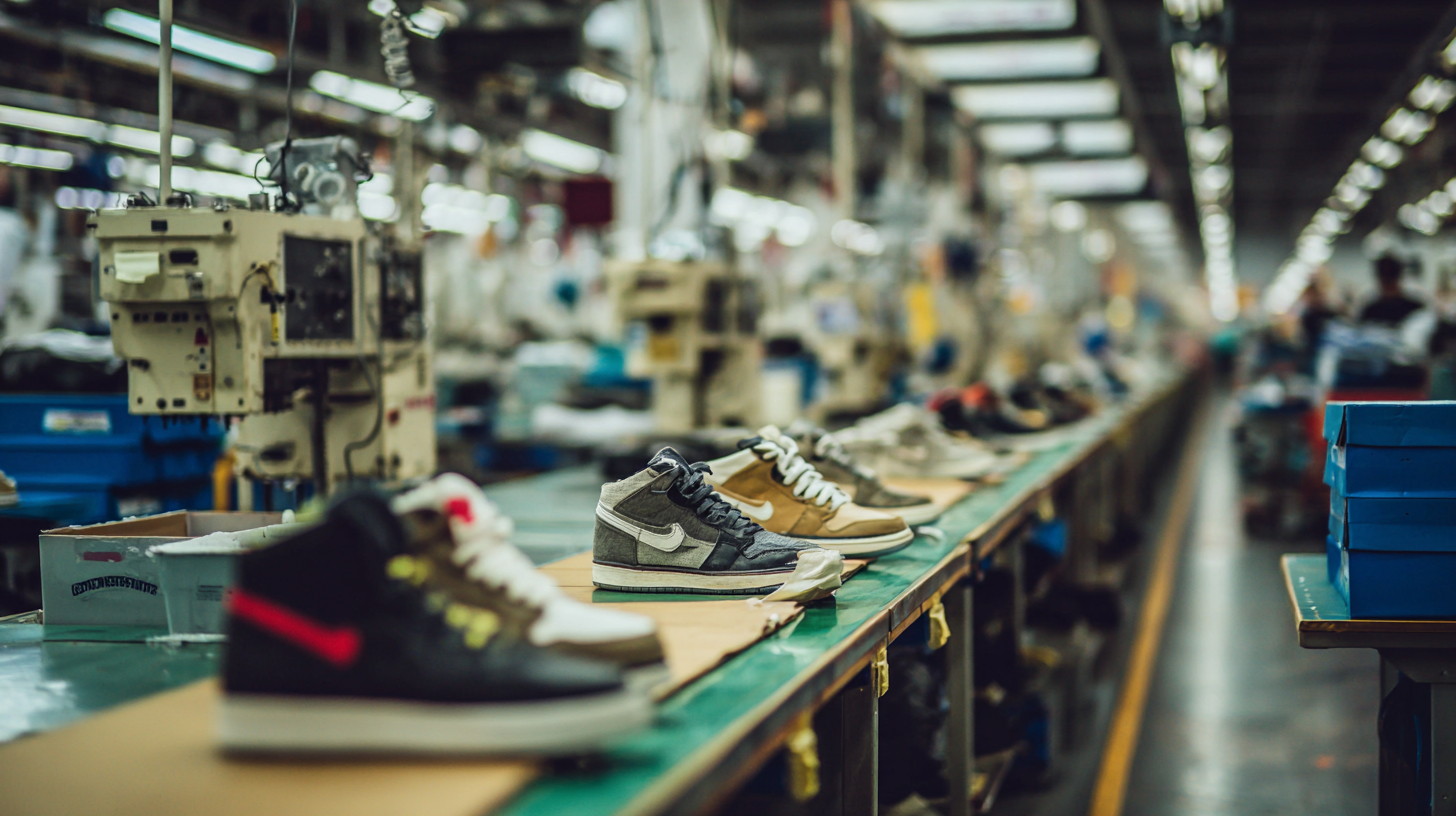
Tips for brands looking to embrace sustainability in sneaker manufacturing include starting with a thorough assessment of the supply chain to identify areas for improvement. Engaging in transparent communication about eco-conscious efforts can resonate deeply with consumers, reinforcing trust and loyalty. Additionally, exploring the use of biodegradable materials can give your brand a competitive edge, appealing to environmentally aware customers who prioritize sustainability in their purchasing decisions.
As the sneaker industry evolves, incorporating sustainable practices is not just a trend but a strategic necessity. The Global Footwear Sustainability Index highlights that brands integrating sustainability practices see up to a 30% increase in market share within eco-conscious demographics. By prioritizing sustainability, you not only contribute to the health of the planet but also enhance your brand's value proposition in a competitive marketplace.
The sneaker industry is witnessing a transformative shift as Original Equipment Manufacturers (OEMs) increasingly lead the way in customization. By leveraging advanced technologies such as 3D printing and artificial intelligence, these manufacturers are enabling brands to create personalized sneakers that cater to individual consumer preferences. This capability not only enhances customer engagement but also fosters brand loyalty, as consumers are more likely to identify with products that reflect their unique identities.
Moreover, the rise of direct-to-consumer models has accelerated the demand for personalized sneaker options. As OEMs adapt to this trend, they are offering modular designs and flexible production methods that allow brands to efficiently produce limited edition or custom designs. This approach not only meets the growing consumer appetite for exclusivity but also aligns with sustainability goals, as brands can minimize waste by producing items on-demand. As we move through 2023, the partnership between sneaker brands and OEMs will undoubtedly redefine the landscape of sneaker personalization, creating an exciting future for both manufacturers and consumers alike.
